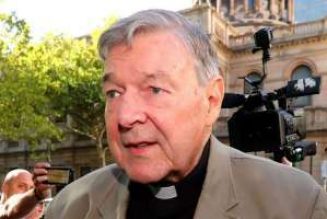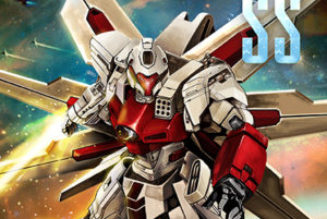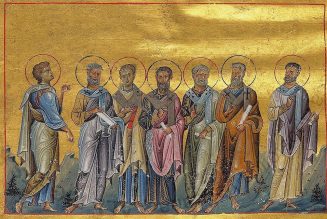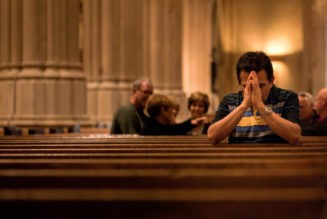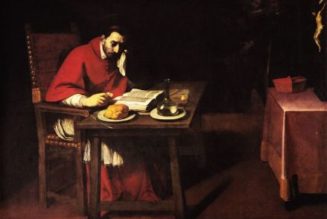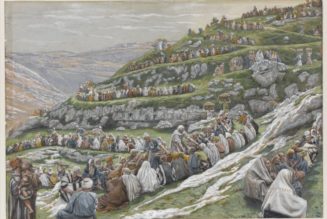I often struggle with how to think about my possessions, the things I own and how to use them. Today I was struck by something that, if I take it seriously, could radically change my thinking. I am assigned to attend to my things by someone else. And thus these things are only ‘mine’ inasmuch as they are given (indeed leant) for me to care for—according to a plan of the first owner.
If true, this really is a game-changer. Sure, I’ve heard this before, even to the point of it seeming quaint. But sometimes—and how grateful I am—something can really strike us anew.
The great Ambrose of Milan wrote, “We are not ourselves the masters, but rather the stewards of the property of others.” And the following words are attributed to John Chrysostom: “Therefore, whoever you are, know yourself to be a dispenser of the things of others, and that the privileges granted you are for a brief and passing use.”
What if all the ‘things’ I am said to ‘own’ are in reality right now more truly owned by someone else: my house, my plot of earth, my car, my books, my clothing, my money… I might wonder then what is going on, and how and why they are mine at all.
We might find an answer by thinking of a father: a father whose joy it is to give responsibility to his children; a father who gives that responsibility precisely to foster their becoming truly responsible and so growing into themselves.
The earthly father knows that the ultimate pattern of responsibility is prior to himself; it has been entrusted to him, and so he invites his own children into the gift. He invites them to take initiative and be creative, yet always within the bounds that will render such initiative fruitful. For us humans the basic lines have already been drawn; the human father is not the source of ownership but the agent of the owner, the primordial Father. Ours is to discover how his ends, when made our ends, are more beautiful than anything we could have conceived.
So our life is one of stewardship, always. And thus in perhaps the greatest of paradoxes, by following and so serving the primordial Master, we achieve our own greatest mastery.
And one central feature of my stewardship is how I use the ‘things’ that I own. Chrysostom refers to the mistake that “in various ways we go out from our stewardship.” I will try to remember that acting as though these things are simply for my own use, according to my own desires, is going out from stewardship. It is an abandonment not only of my responsibility, but of my very identity.
This calls for my being more intentional in my wealth and property management; almost surely it will demand I be more restrained and more generous. But much more than simply imposing ‘limits’ on what I do, this makes for a whole new approach, transforming my wealth and property management from the inside out. In every aspect of my budget and the disposal of what I own, I am part of something much bigger, more consequential, and more wonderful than I had imagined. ~ ~ ~
Short Video in the Good News Series: Weeding!
Our word ‘vacation’ comes from an interesting Latin verb that means to be idle, empty, free, or unoccupied. This gives occasion to consider an important question: why do we go ‘on vacation’ anyway? Vacations reasonably can have various purposes. But a line in the…
Sociologist Christopher Lasch once wrote, “Socialization makes the individual want to do what he has to do; the family is the agency to which society entrusts this complex and delicate task.” Complex and delicate indeed. But then again, it is no more complex than the…
“…with unleavened bread and bitter herbs they shall eat it.” Exodus 12:8 Mustard greens are being genetically ‘edited’ to remove their bitterness. This is supposed to be good news. Many of the most nutritious greens or herbs are bitter to the taste. By nature. Yet…
Husband, father, and professor of Philosophy. LifeCraft springs from one conviction: there is an ancient wisdom about how to live the good life in our homes, with our families; and it is worth our time to hearken to it. Let’s rediscover it together. Learn more.




